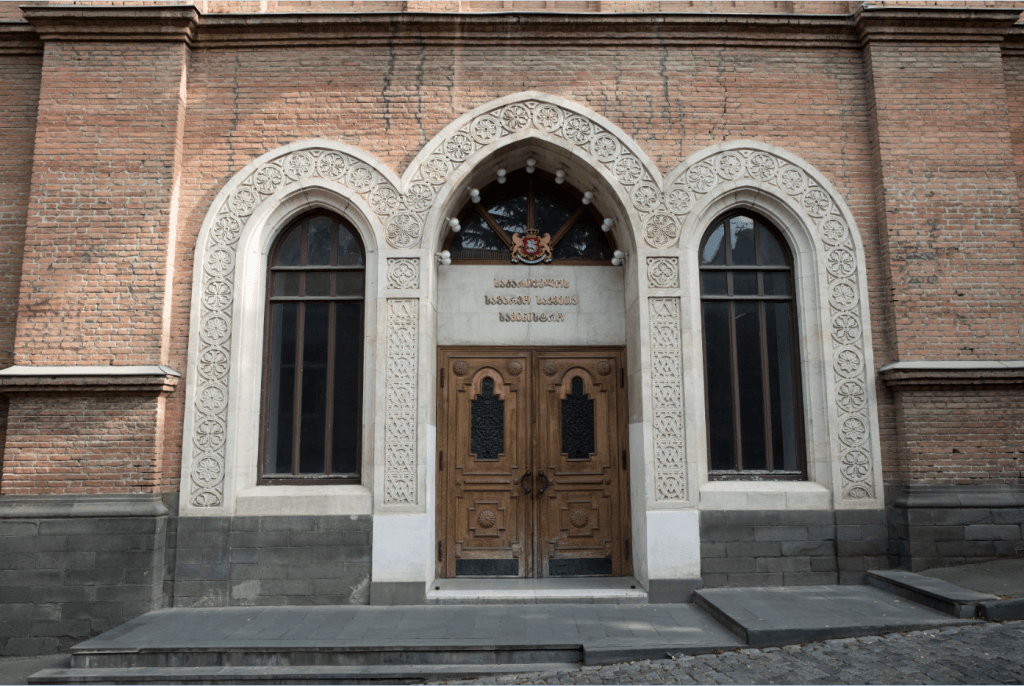On May 27, Tbilisi responded to Moscow’s statement on allowing Georgia to carry out reconnaissance flights along the boundaries of occupied Abkhazia and Tskhinvali regions in accordance with the Open Skies Treaty, dubbing the statement as “cynical“ and accusing Russia of trying to exploit the agreement “for political gain.”
The Georgian MFA cast doubt on Russia’s ulterior motives while tabling the proposal, suspecting that Moscow was seeking to “use the accord as a means of legitimizing illegal regimes of Georgia’s occupied regions,” and promote Tskhinvali and Sokhumi as independent parties to the agreement.
The Ministry noted that Russia voiced similar statement about resuming observation flights in 2018 at a meeting of the OST consultative commission, which it said “demonstrated” Russia’s intransigence to “alter its political objectives.”
“For two years, Georgia has led consultations with its partners to dissuade Russia from its politicized stance and to prod it to fully complying with the Treaty – but to no avail,” the Georgian MFA remarked.
The Ministry added that this prompted Georgia to cease implementing OST terms with regards to Russia in 2012, banning it from performing reconnaissance flights over the Georgian territory.
The MFA claimed that by blaming other countries – the U.S. and Georgia in particular – for flouting the Treaty, Russia was striving to “cover up its own breach” of the accord.
- Russia Denies It has Flouted ‘Open Skies’ Treaty
- U.S. to Abandon ‘Open Skies,’ Citing Russian Encroachment on Neighbors’ Sovereignty
Secretary of State Pompeo’s statement on May 21 signaling potential U.S. withdrawal from the Treaty due to “Russia’s flagrant and continuation violations” spurred contention between Washington and Moscow. Georgia voiced firm support for the U.S. position, arguing that it may also reconsider membership of the agreement.
Signed in 1992, the Treaty on Open Skies is an international agreement designed to avert conflict and promote trust, allowing the signatory nations to carry out reconnaissance flights over the territories of each other. The Treaty’s 35 signatories, among others, include the U.S., Georgia and Russia.
Also read:
This post is also available in: ქართული (Georgian) Русский (Russian)

